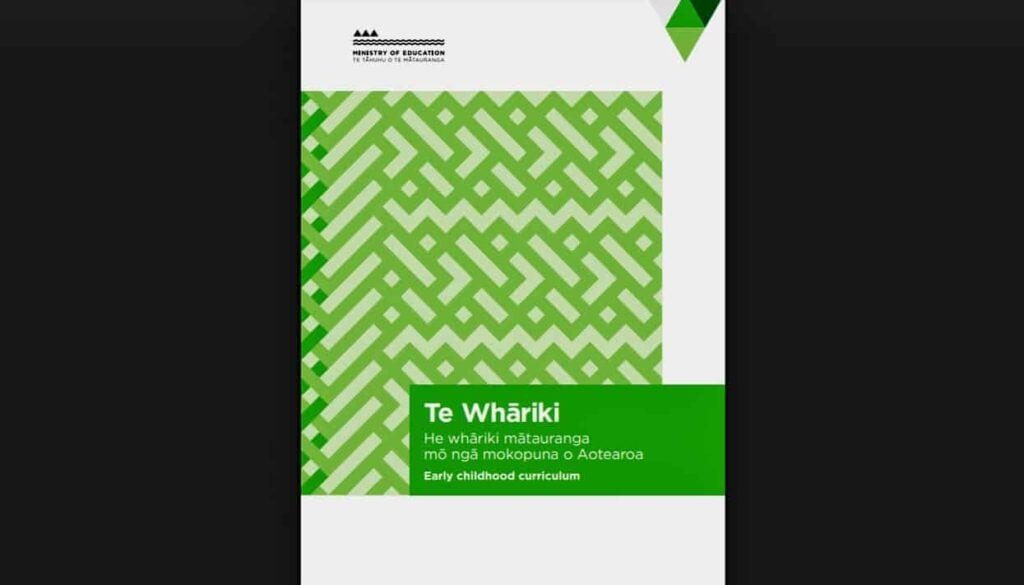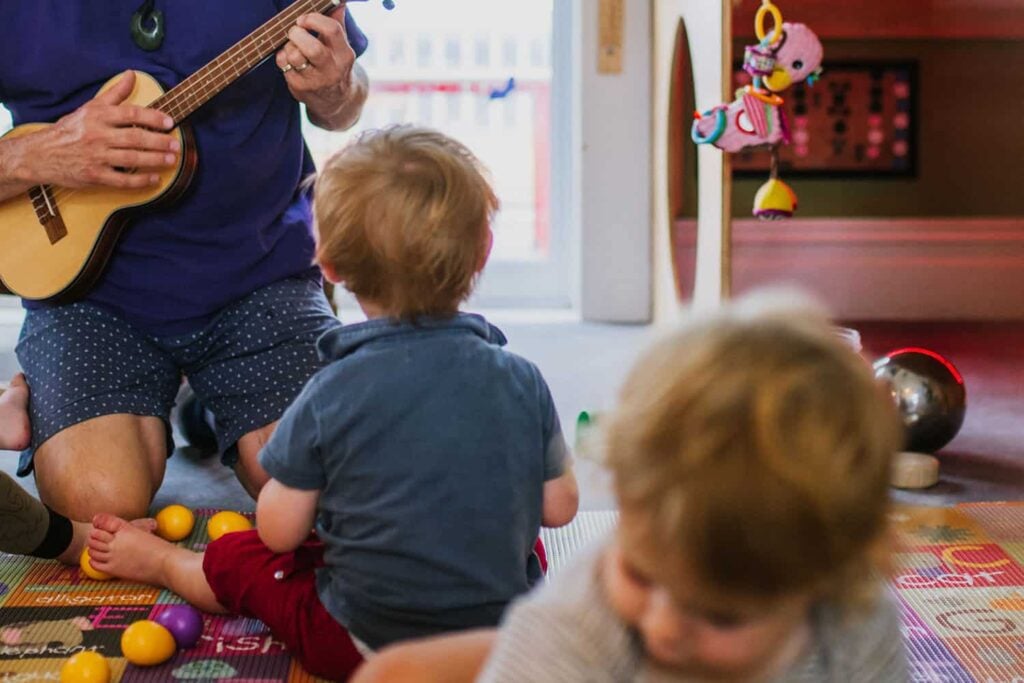Arranging childcare.
By Dr Sarah Alexander.
Most families at some time make personal childcare arrangements. It is actually very common for families to combine personal arrangements with using a government licensed service such as a kindergarten.
Within your extended family and social network you may identify people with young children or people who are looking for work or have retired and might love the opportunity to care for your child.
You might purposefully seek out an employer who offers flexible work hours or who is child-friendly so your child can stay with you at work (especially helpful if you are breast-feeding). Or you might decide to become self-employed so your child can stay with you. Learn more about the costs for different childcare choices.
Check the notice-boards at local supermarkets, at the Plunket Nurse office, and at places where parents gather for anyone advertising to care for young children or place your own notice. Often finding a suitable person comes through word-of-mouth or through talking with someone who knows someone who knows someone else.
Making your own childcare arrangements and not using a government licensed early childhood service means you will:
- Have control – you’ll have total say over who cares for your child, how they care for your child, and when (you set the hours and days).
- Pay the person who cares for your child directly, not through a third party.
- Not be costing other taxpayers as only regulated services receive government funding. At most you may be able to claim some back some tax paid for the cost of childcare/housekeeper.
- Be able to negotiate with the person caring for your child what the cost will be and how this is to be paid.
- Be more likely to achieve a care arrangement that is closely integrated with your family life and supports your family culture.
What Kind of Parent are You Likely to Be to Make Your Own Arrangements?
1. One who knows other parents with young children who want to share childcare costs (share a private nanny) or are willing to reciprocate with childcare.
2. A parent who wants the person who cares for their child not to be determined by someone else (a provider of an early childhood service).
3. A person who is not keen to provide an open-home to whom ever is employed at the time as a coordinator of the home-based service or to any Ministry of Education, Ministry of Health, and Education Review officials.
4. Someone who works from home or who works odd hours and seeks childcare arrangements that are not rigid in hours.
5. In the case of welcoming a foreign au pair into your home, you are likely to be someone interested in other languages or cultures or wanting your child to develop cultural awareness.
6. Someone who wants where possible for their child to be with them and doing other activities such as playing at a friend’s house, rather than left in childcare.
Family-based solutions for arranging childcare
Care within the family is likely to suit any child and especially:
- infants and young children who are breastfed;
- who share their parent with older siblings and thus enjoy the one-on-one time and personal arrangements when their older brothers and sisters are at school;
- children who have got sick more than a couple of times within the first month of starting at an early childhood service or for whom parents have found to receive little adult attention; and
- children who need more intellectual stimulation than the early childhood service can provide and will benefit from doing more activities in the community with their parent or the family nanny, doing things on a regular basis with another family well-known to their family, or going to their parents’ work.
Problems that can be encountered in arranging childcare
The place where the parent works might not be child-friendly.
The parent may find it harder to get the required work done in the hours available if their child is nearby and may need to take work home.
The description of the au pair you received before the au pair arrived in New Zealand may not be exactly what you find the au pair to be like – be sure not to agree to keep the au pair for more than two weeks if expectations are not met.
If you employ a nanny yourself you will need to take care of all employment matters including tax and be a good employer.
The shared child-care arrangement you have with another family may change if the at-home parent in the other family decides to return to work full-time.









